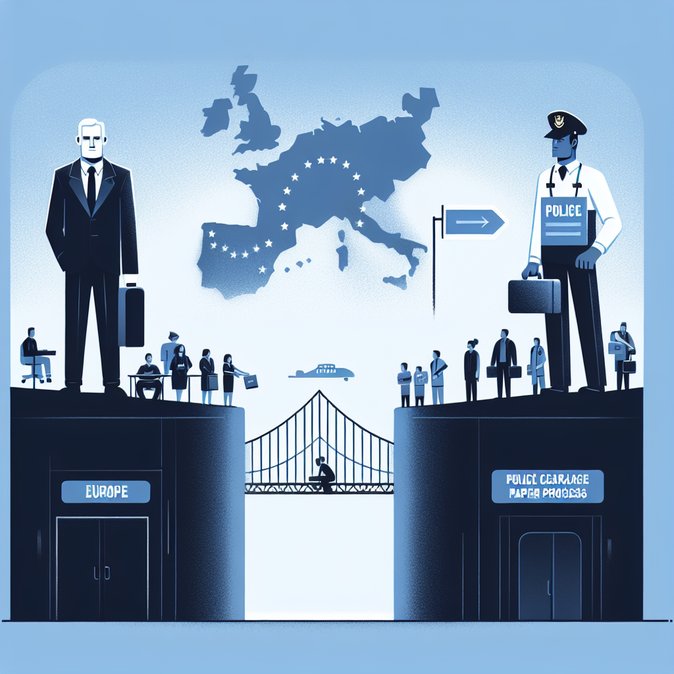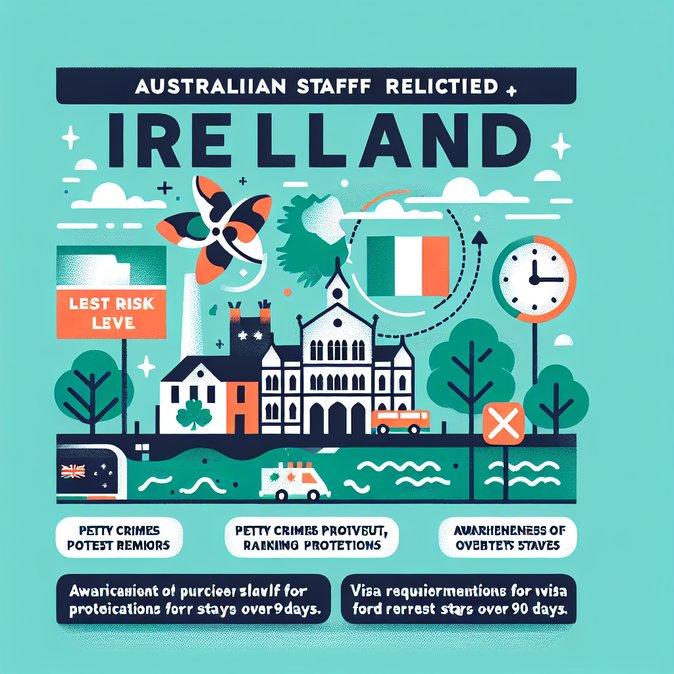
The tone of Ireland’s migration debate shifted this weekend after RTÉ published an analysis piece calling for a “calm, open and honest discussion” in the Oireachtas on how the State manages immigration. The article, written after a fractious Dáil exchange on Tuesday, argues that polarised rhetoric is drowning out evidence-based policymaking and eroding public confidence in both the asylum system and skills-based labour migration.
Political strategists note that immigration will be a defining issue in the next general election. Almost 19,000 people sought International Protection in 2024, while work-permit issuance hit a record 42,000—double pre-pandemic levels. Yet the State simultaneously struggles to house refugees, fill nursing posts and staff high-tech roles. RTÉ’s analysis says elected representatives must acknowledge those tensions, not just trade slogans.
![Oireachtas urged to hold ‘calm, honest’ debate on Ireland’s migration policy]()
For businesses, the piece is a reminder that policy instability can damage Ireland’s reputation as an EMEA talent hub. Enterprise Ireland client companies report delays of up to 16 weeks in Critical Skills Permit processing—up from eight weeks last year—because parliamentary objections have slowed secondary legislation. HR managers therefore face costly contingency plans, including routing assignees through other EU offices while permits clear.
The article recommends three confidence-building steps: 1) fully resource the International Protection Office so first-instance asylum decisions are issued within six months; 2) publish quarterly Key Performance Indicators for employment-permit backlogs; and 3) establish an independent Migration Advisory Council—modelled on the UK MAC—to depoliticise shortage-occupation reviews.
If adopted, these measures could reassure multinational employers that Ireland remains committed to predictable, rules-based mobility while also demonstrating to voters that the State is in control of its borders. The Government has not formally responded, but Justice Minister Jim O’Callaghan told reporters on Saturday that “constructive Oireachtas engagement” would be welcome ahead of the International Protection Bill 2025.
Political strategists note that immigration will be a defining issue in the next general election. Almost 19,000 people sought International Protection in 2024, while work-permit issuance hit a record 42,000—double pre-pandemic levels. Yet the State simultaneously struggles to house refugees, fill nursing posts and staff high-tech roles. RTÉ’s analysis says elected representatives must acknowledge those tensions, not just trade slogans.

For businesses, the piece is a reminder that policy instability can damage Ireland’s reputation as an EMEA talent hub. Enterprise Ireland client companies report delays of up to 16 weeks in Critical Skills Permit processing—up from eight weeks last year—because parliamentary objections have slowed secondary legislation. HR managers therefore face costly contingency plans, including routing assignees through other EU offices while permits clear.
The article recommends three confidence-building steps: 1) fully resource the International Protection Office so first-instance asylum decisions are issued within six months; 2) publish quarterly Key Performance Indicators for employment-permit backlogs; and 3) establish an independent Migration Advisory Council—modelled on the UK MAC—to depoliticise shortage-occupation reviews.
If adopted, these measures could reassure multinational employers that Ireland remains committed to predictable, rules-based mobility while also demonstrating to voters that the State is in control of its borders. The Government has not formally responded, but Justice Minister Jim O’Callaghan told reporters on Saturday that “constructive Oireachtas engagement” would be welcome ahead of the International Protection Bill 2025.


